Episode 22: McMansions, Whole-House Ventilation, and Thermal and Ignition Barriers
The show kicks off with a conversation about McMansions that's hilarious and educational and often both at the same time.
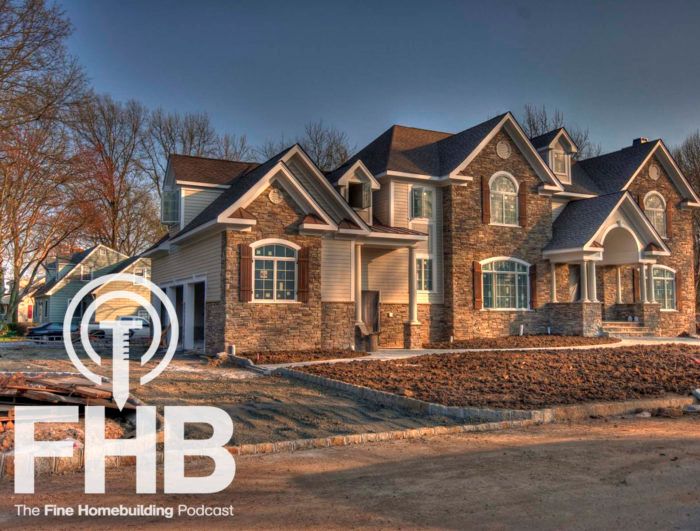
In this episode, host and managing editor Justin Fink talks with editor in chief Rob Yagid and design editor Brian Pontolilo about McMansions, a North Carolina listener’s conundrum with ERVs and humidity, and a question about spray foam and fire protection. The show is driven by our listeners, so please subscribe and rate us on iTunes or Google Play, and if you have any questions you would like us to dig into for a future show, shoot an email our way: fhbpodcast@taunton.com. Also, be sure to follow Justin Fink, Rob Yagid, and Fine Homebuilding on Instagram, and like the magazine on Facebook.
The Fine Homebuilding Podcast embodies Fine Homebuilding magazine’s commitment to the preservation of craftsmanship and the advancement of home performance in residential construction. The show is an informal but vigorous conversation about the techniques and principles that allow listeners to master their design and building challenges.
McMANSIONS
McMansion Hell: A site devoted to McMansions that, like this episode, is hilarious and educational and often both at the same time.
“The Return of McMansions” from The New York Times.
Pastiche Architecture at Green Building Advisor.
WHOLE-HOUSE VENTILATION
Designing a Good Ventilation System by Martin Holladay at GBA.
Ventilation Failures and Vocabulary Lessons at GBA.
Choosing Equipment for a Whole-House Ventilation System at GBA.
“Mechanical Ventilation Required” by Sean Groom.
“Sorting Out Options for Whole-House Ventilation” by Scott Gibson.
“Breathe Easy With Balanced Ventilation” by Sean Groom.
“Ducting HRVs and ERVs” by Martin Holladay.
HOW IT WORKS: Heat-Recovery Ventilator
THERMAL AND IGNITION BARRIERS
Thermal Barriers and Ignition Barriers for Spray Foam by Martin Holladay at GBA.
Spray Foam Insulation: Open and Closed Cell.
Fine Homebuilding Recommended Products
Fine Homebuilding receives a commission for items purchased through links on this site, including Amazon Associates and other affiliate advertising programs.
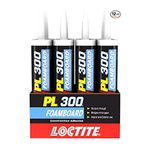
Loctite Foamboard Adhesive

Caulking Gun
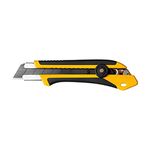
Utility Knife
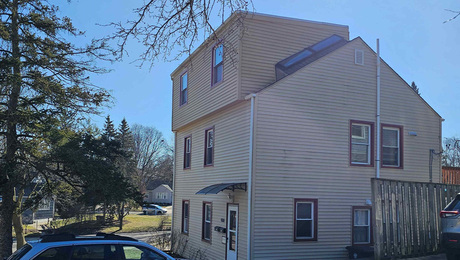
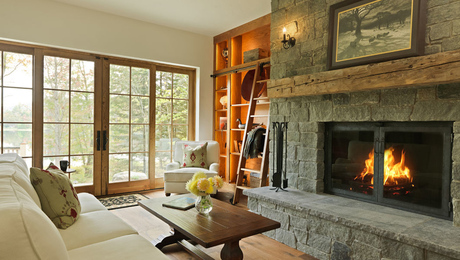




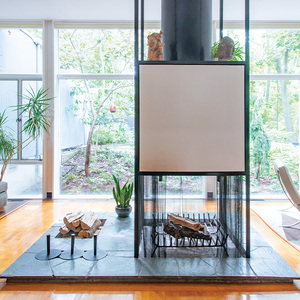
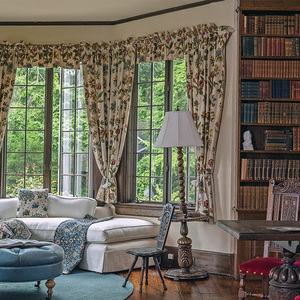
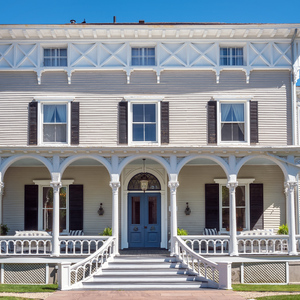
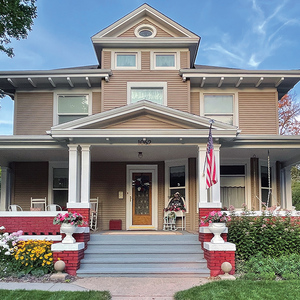





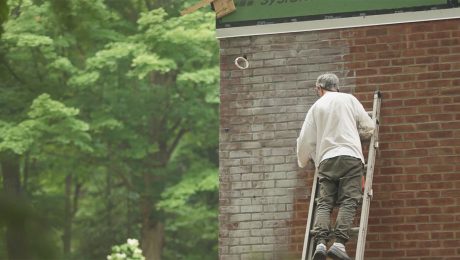
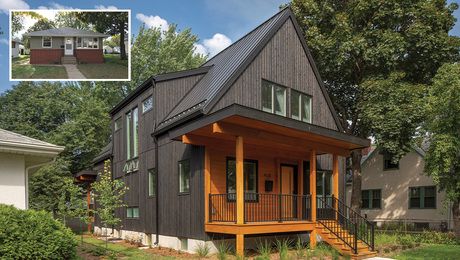
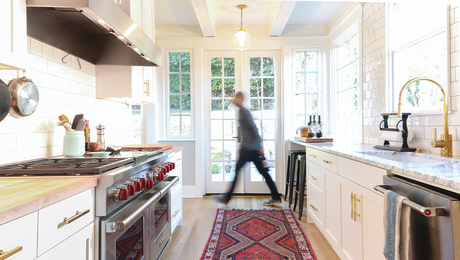
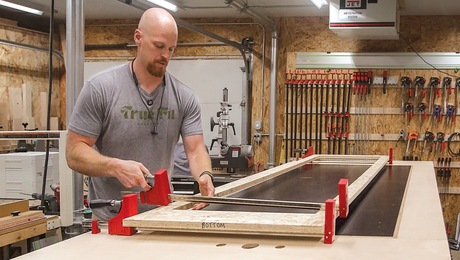




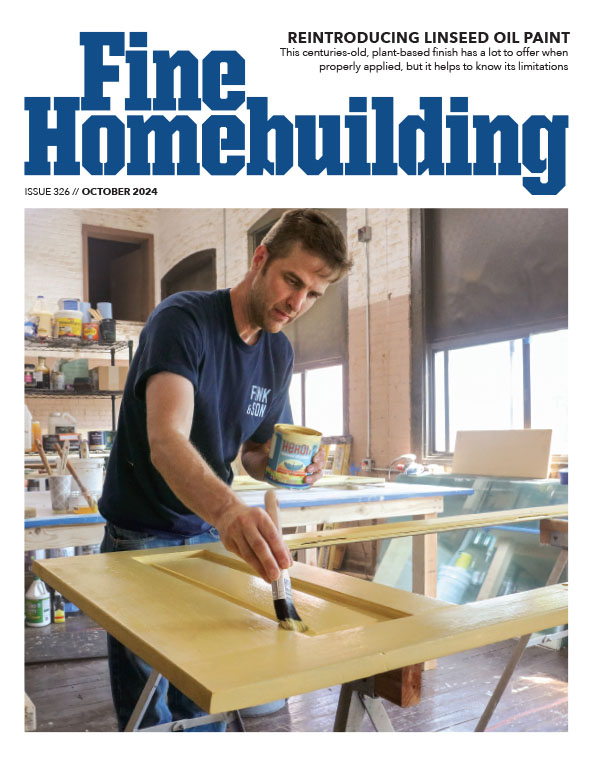





View Comments
Very interesting conversation regarding a number of issues surrounding McMansion's - all of which I agree with. However, one point was not mentioned - the cultural issue.
A number of years ago I believe -but do not hold me to it - Seattle was having an issue regarding these homes. The argument in favor of them was that the occupants were caring for multiple generations of their family under one roof.
So, here is my question. Why have developers not seized on the opportunity to capitalize on the Baby Boomer generation - where Baby Boomers have both their children (possibly adult) and their parents living with them?
Truly enjoy the podcast.
Thanks.
Stan Pearse
Question: I do handyman work and inform new clients that I am NOT a contractor. Outside of reading Fine Homebuilding and listening to your podcast - how can I further my knowledge and expertise to better serve my clients? I am currently in the San Francisco Bay Area, however, I will be moving near Portland, OR area in the next couple of years.
Stan Pearse
McMansion defined. A code minimum home typically owned by upper middle/upper class individual and are otherwise known as "New Money". The home is built with the idea of maximizing interior square footage at the expense of the exterior. Consequently McMansions almost always have a stucco exterior or EIFS walls, synthetic stone/brick veneer, code min mismatched windows, convoluted roof lines and "stuck on visual features".
McMansions can be built by custom or tract builders although tract homes will generally occupy as much of the lot as allowed by code.
BTW....It's not hard to hit net zero in temperate dry climate such as California when all it takes is a decent PV array.
Working my way through the podcasts, so obviously this is an old one and maybe you have talked about this in a podcast since. At the end of this podcast, you have a question regarding a "mpg" rating for buildings and you mention HERS rating. Curious if you all have talked since about this and discussed "DOE Home Energy Score" or the "Green Building Registry"? Both something I work with a lot here in Columbia MO, interested to see if they get mentioned in a future podcast.